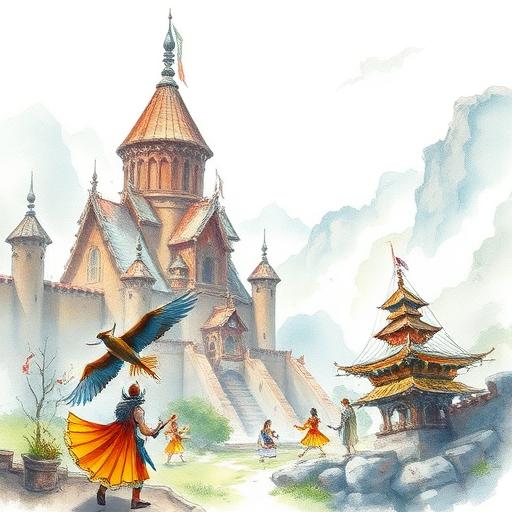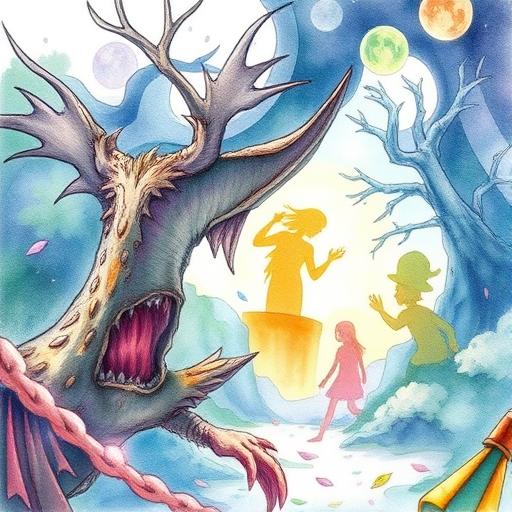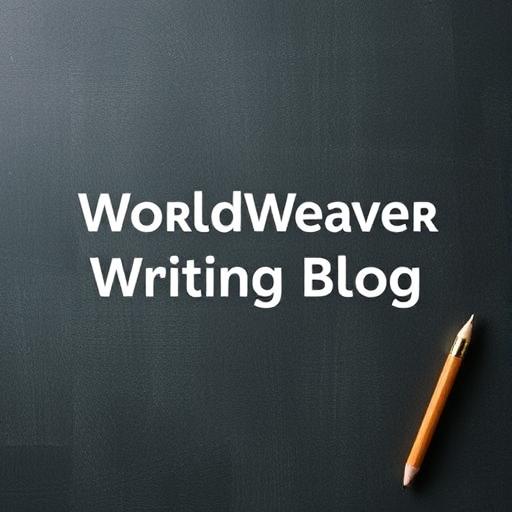Writing for Different Age Groups and Demographics in Fantasy and Beyond
Learn how to craft compelling fantasy stories that resonate with diverse age groups and demographics, and discover the importance of authenticity and sensitivity in your writing. This article provides valuable tips and insights for writers seeking to expand their audience and create inclusive stories.

Introduction to Age Groups and Demographics
When it comes to writing fantasy stories, understanding your target audience is crucial. Different age groups and demographics have unique preferences, values, and experiences that can shape the way they interact with your narrative. To write effectively for various age groups, you need to consider factors such as reading level, themes, and cultural context.
Understanding Age Groups
Here are some key considerations for writing for different age groups:
- Children's fiction (Middle Grade): emphasizes imagination, adventure, and coming-of-age themes
- Young Adult (YA) fiction: focuses on self-discovery, identity, and relationships
- Adult fiction: often explores complex themes, moral ambiguities, and character depth
- Elderly fiction: may emphasize reflection, nostalgia, and life experience
For example, authors like J.K. Rowling and Philip Pullman have mastered the art of writing for Middle Grade audiences, creating immersive worlds and characters that resonate with young readers.
Demographics and Cultural Sensitivity
Writing for diverse demographics requires cultural sensitivity and awareness. As discussed in our article on writing cross-cultural fantasy stories with authenticity and sensitivity, it's essential to approach cultural representation with respect and nuance. This involves:
- Researching and understanding different cultural practices and traditions
- Avoiding stereotypes and tropes
- Creating authentic and well-rounded characters from diverse backgrounds
By doing so, you can craft stories that not only appeal to a broad audience but also promote empathy and understanding.
Writing for Diverse Audiences
To write effectively for diverse audiences, consider the following tips:
- Be open to feedback and criticism from beta readers and sensitivity experts
- Incorporate diverse perspectives and experiences into your narrative
- Avoid tokenism and stereotyping by creating complex and multidimensional characters
Our article on writing diverse and inclusive stories beyond fantasy genres provides further guidance on crafting inclusive narratives that resonate with readers from all walks of life.
Expert Audiences and Genre-Specific Writing
When writing for expert audiences or specific genres, it's essential to demonstrate a deep understanding of the subject matter and conventions. As outlined in our article on how to write for expert, this involves:
| Genre | Key Considerations |
|---|---|
| Fantasy | World-building, magical systems, and mythological references |
| Science Fiction | Scientific accuracy, technological advancements, and futuristic societies |
| Historical Fiction | Historical accuracy, cultural context, and period-specific details |
By tailoring your writing to the specific needs and expectations of your audience, you can create engaging and authoritative stories that resonate with experts and enthusiasts alike.
Writing Across Multiple Genres and Formats
Finally, many writers aspire to write across multiple genres and formats, from novels to short stories, and from fantasy to science fiction. Our article on writing diverse and inclusive stories across multiple genres and formats offers practical advice on:
- Developing a unique voice and style that transcends genres
- Experimenting with different formats and narrative structures
- Incorporating diverse themes and perspectives into your work
By embracing the challenges and opportunities of writing across multiple genres and formats, you can push the boundaries of your creativity and reach new audiences with your work.
Conclusion
Writing for different age groups and demographics in fantasy and beyond requires a deep understanding of your target audience, cultural sensitivity, and a willingness to adapt and evolve as a writer. By following the tips and guidelines outlined in this article, and exploring the resources and advice offered on the Worldweaver blog, you can craft compelling stories that resonate with readers from all walks of life. Remember to stay open to feedback, keep learning, and always strive to create inclusive and immersive narratives that transport your readers to new and exciting worlds.
Comments
Comments are hidden to save bandwidth. Load them when you want to read or leave one.







